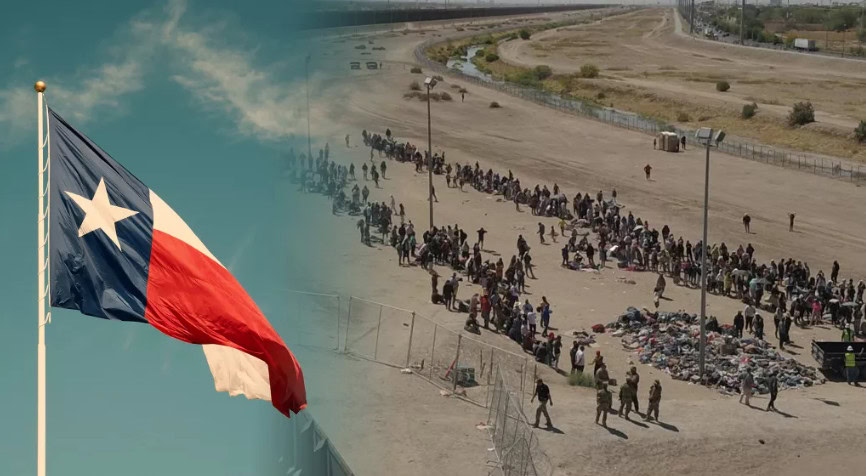By Jonathan Ellett
FAIR
In late July, a Texas judge denied Attorney General Ken Paxton’s request to depose Rio Grande Valley Catholic Charities as one of several non-governmental organizations (NGOs) allegedly transporting, harboring, and providing benefits to illegal aliens. Attorney General (AG) Paxton launched the investigation into these organizations at the request of Governor Greg Abbott, who in December 2022 called for an inquiry into the activities of NGOs suspected of “planning and facilitating the illegal transportation” of aliens across the border.
In the 2022 letter he sent to AG Paxton, Governor Abbott stated that there were specific reports about NGOs orchestrating illegal border crossings near El Paso, but that these activities may also be occurring in other border sectors. One of the leading NGOs suspected of assisting with illegal border crossings was Catholic Charities, which operates numerous facilities throughout Texas. According to its website, Catholic Charities helps migrants by providing them housing, healthcare, legal assistance, and resettlement into the United States.
After launching the investigation, AG Paxton sent a notice to Catholic Charities, requesting an interview with one of their representatives under oath. The questions he planned to ask pertained to Catholic Charities’ rules for admitting illegal aliens into their programs and their relationship with law enforcement. Catholic Charities opposed this request, and instead, the parties agreed that the NGO would provide written answers.
Despite this agreement, the investigation stalled for over two months. AG Paxton attributed the lack of progress to Catholic Charities’ written answers, calling them “non-responsive and evasive.” Changing tactics, he filed a Verified Ruled 202 Petition To Take Deposition, asking the court to grant him the authority to interview a corporate representative from Catholic Charities under oath.
To convince the court to grant his Petition, AG Paxton was required by Texas law to demonstrate that the likely benefits from the interview outweighed the associated burdens and expenses. To support his case, AG Paxton identified two violations he was investigating:
- The transportation of aliens who have not been processed by Border Patrol, thereby concealing them from law enforcement; and
- The encouragement of individuals to remain in the country, violating federal law by concealing or harboring them.
A violation of these laws would place Catholic Charities at risk of losing its privileges to conduct business in Texas. Therefore, AG Paxton argued that an interview under oath was the only way to obtain the necessary information to determine whether Catholic Charities violated Texas law. He asserted that the testimony was “the most practical way to shed light on the topics [he was] investigating.”
In return, Catholic Charities filed an objection to the Petition. In it, Catholic Charities argued that AG Paxton did not possess any evidence or concrete facts of legal violations that would justify the benefits of an interview. Instead, Catholic Charities asserted that “the Petition represents a fishing expedition into a pond where no one has ever seen a fish.”
In a brief order, Hidalgo County District Judge Bobby Flores denied AG Paxton’s request to conduct the interview of Catholic Charities. This decision came just weeks after District Court Judge Francisco Dominquez ruled against AG Paxton in a separate investigation into Annunciation House, another NGO that aids illegal aliens.
Despite these adverse rulings, AG Paxton is not backing down. He has already filed an appeal in the Annunciation House case and is set to take on a third NGO, Team Brownsville. Paxton stated, “For too long, Annunciation House has defied the law and contributed to the worsening illegal immigration crisis at Texas’s border with Mexico. I am appealing this case and will continue vigorously enforcing the law against any NGO engaging in criminal conduct.”
















